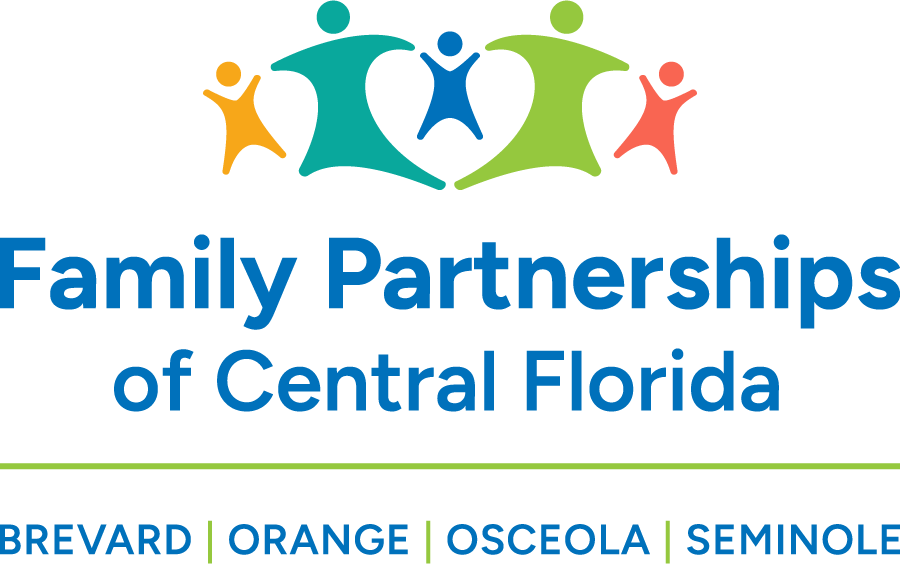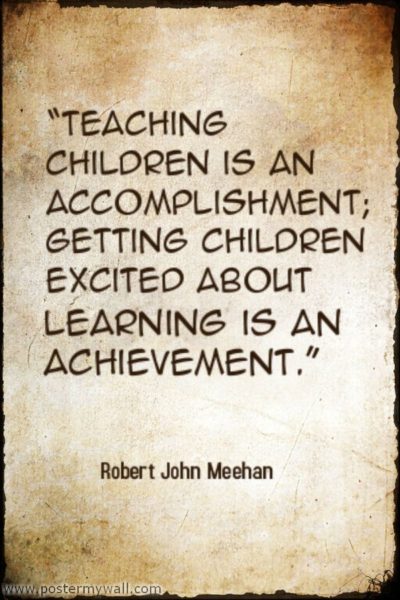As summer comes to a close, and children are returning to school, I trust this newsletter greets you having had a memorable summer with your children, family, and friends. Now it’s time to gear back up for the 2017-18 school year.
As you prepare for your children to return to school and the structure and opportunity it provides for them over the coming months, I’d like to share what research tells us about the factors that promote healthy development both academically and socially.
According to Spark, “every major study regarding the impact of extracurricular activities on child development shows that academic grades, study habits, and school-based behavior all improve when children attend regular after school clubs and team sports.”[1] Engaging in prosocial activities results in:
- Boosting Academic Performance
- Improving Life and Social Skills
- Creating Safer, Happier Children
- Promoting Healthy Hobbies
- Encouraging a Brighter Future
Furthermore the Youth Law Center reports, “Extracurricular Activities Can Benefit Foster Youth”[2] as studies also show “a strong association between extracurricular activities and reduced student dropout rates” and “Involvement with extracurricular activities is also associated with decreased delinquent behavior, as measured by criminal arrests, substance abuse, and antisocial behavior.”
“Other benefits that may help students both in school and out include, increases in particular skills, such as “task persistence, independence, following instructions, dealing with authority figures, and fitting in with peers.”[3]
While academics and learning are critical aspects of school attendance and help to prepare students for success in life, it is important for parents, foster parents, case workers, teachers, and others involved in the child’s life, to encourage and support children’s involvement in sports, music, and activities of interest to build and foster self-confidence, mastery, and connection to the community.
School is such a critical time in the lives of children and youth. Given the percentage of time children spend at school between the ages of 5-18, the experiences both positive and negative, will play a large role in shaping the way in which they will approach life, relationships, goals, and sense of purpose and direction, long beyond their graduation. For this reason, it is important to understand the long-term positive impact investing in and fostering extracurricular activities and interests will play in promoting healthy development.
As we strive today to build the adults of tomorrow, consider ways that you can be an advocate for children and youth to engage and participate in positive and prosocial activities that will leave a lasting imprint and positive effect for years to come.
[1] https://www.sparkpe.org/blog/the-benefits-of-participation-in-after-school-activities/
[2] https://youthlaw.org/publication/beyond-the-basics-how-extracurricular-activities-can-benefit-foster-youth/
[3] https://youthlaw.org/publication/beyond-the-basics-how-extracurricular-activities-can-benefit-foster-youth/










